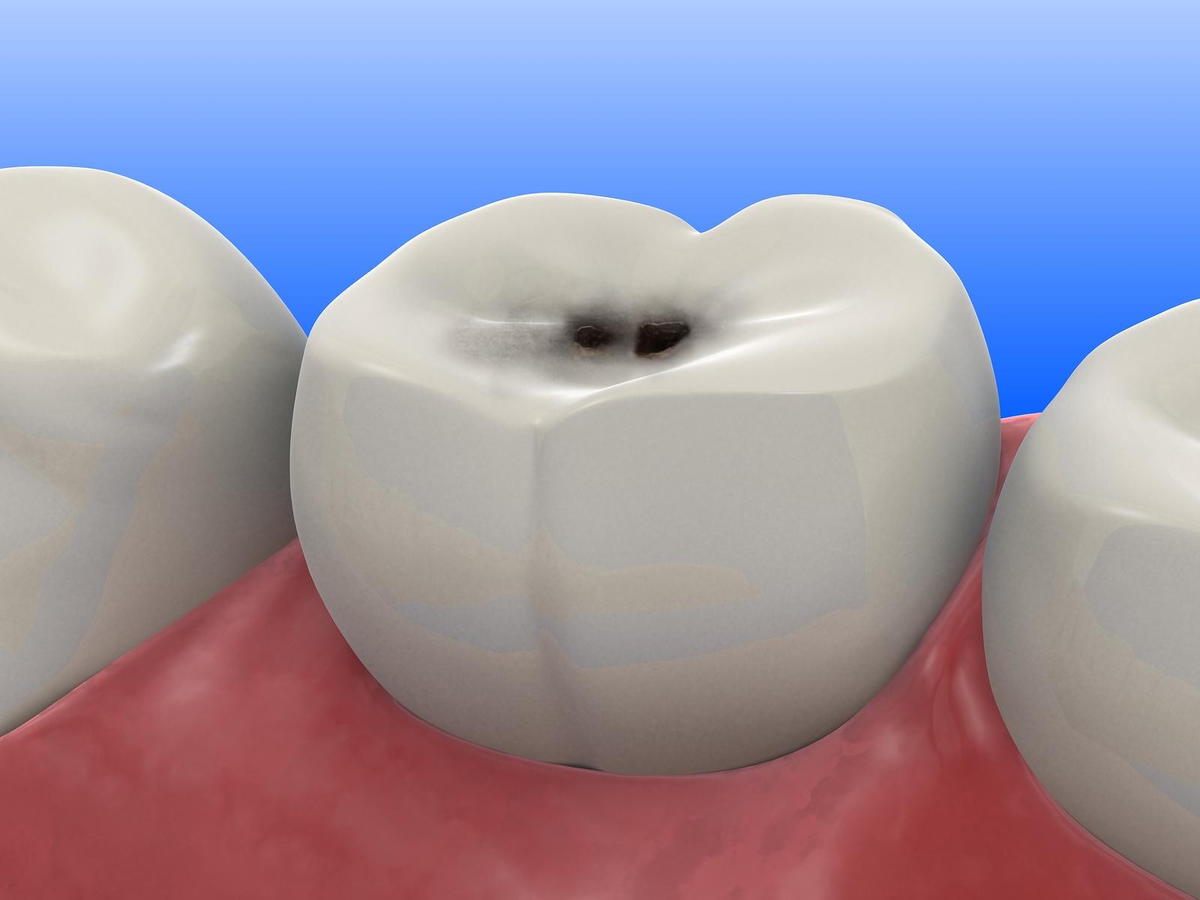 Tooth decay, also referred to as dental caries, is still the most common chronic disease to affect both children and adults. Even though more and more people are beginning to understand how oral hygiene, proper diet, and routine checkups are important for reducing their risk, there is still so much that people don’t understand. Our Amherst, NH, pediatric dentists Dr. Andrew Cheifetz and Dr. James McAveeney want to make sure that you understand more about childhood tooth decay.
Tooth decay, also referred to as dental caries, is still the most common chronic disease to affect both children and adults. Even though more and more people are beginning to understand how oral hygiene, proper diet, and routine checkups are important for reducing their risk, there is still so much that people don’t understand. Our Amherst, NH, pediatric dentists Dr. Andrew Cheifetz and Dr. James McAveeney want to make sure that you understand more about childhood tooth decay.
What is decay?
Throughout the day, our teeth develop this sticky colorless film known as plaque, which contain bacteria that feed off the sugar found in foods. Whenever you consume sugars or starches the bacteria converts them into acid, which slowly erodes the enamel of your teeth. If left untreated, the decay can spread further inside the tooth until it damages the nerves. If left untreated, cavities can lead to a severe toothache, infection or tooth loss.
Can my child’s diet increase their risk for decay?
As we mentioned above, the bacteria within plaque loves sugar (maybe as much as you do). Unfortunately, if your child consumes a diet that is high in sugar or processed foods this can significantly increase their risk for decay. This includes everything from eating cakes and cookies to even eating white bread and those packaged granola bars (many packaged “healthy” products often contain more sugar than you might imagine). Replace these foods with healthier snacks and make sure your child brushes their teeth twice a day.
Are there any symptoms?
Most of the time decay doesn’t cause any symptoms. Often the only time a cavity is detected is during a routine cleaning and exam performed by our Amherst, NH, children’s dentist. After all, we know what to look for when it comes to cavities. Of course, it’s also important to bring your child in if they are experiencing symptoms of decay including:
- A visible hole in their tooth
- A brown or dark spot on their tooth
- A toothache
- Increased or lingering tooth sensitivity to hot or cold foods
- Persistent and unexplained bad breath
Again, during the early stages of decay these symptoms usually aren’t present. If you don’t know the last time your child came in for a dental cleaning, it’s time to schedule one.
How is decay treated?
While decay is preventable, if we find a cavity we will need to remove it before it spreads. This involves numbing the area around the tooth and drilling away the decayed enamel then filling it with a tooth-colored material to restore the tooth.
Is it time to schedule your child’s next dental cleaning in Amherst, NH? Have questions about caring for your child’s smile? If so, turn to the dental experts at Children's Dental Center of New Hampshire today.
